Keywords: Voice To Parliament
-

AUSTRALIA
- Kevin Bell
- 29 November 2024
2 Comments
With unaffordable housing pushing families into impossible choices, homelessness affecting 120,000 people, and systemic inequities deepening, we must ask: What kind of society do we want to build — and for whom?
READ MORE 
-
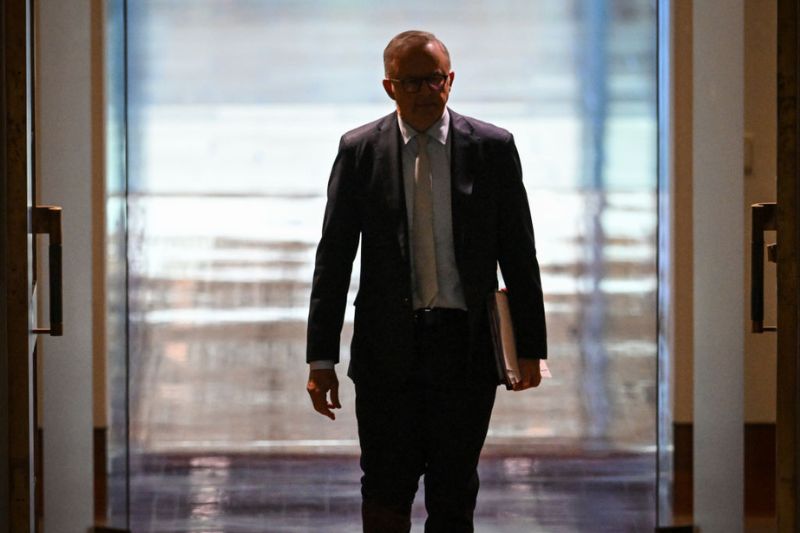
AUSTRALIA
- James Massola
- 23 October 2024
8 Comments
As Prime Minister Anthony Albanese navigates a slow but steady decline in approval, his cautious leadership approach is increasingly under scrutiny. With rising pressures on housing, the economy, and global events, is it time for him to take the bold political risks necessary to stave off the threat of minority government?
READ MORE
-
.jpg)
MEDIA
- Michele Frankeni
- 15 October 2024
Two years ago to the month, I wrote in this column of my despair and disgust of the impunity with which society leaders and politicians didn’t just shade the truth, but buried it six-feet deep and then gleefully stomped on it. In the past week, a couple of things reminded me of that piece and about the role truth plays in our public discourse. It reminded me how fragile our grasp on reality has become, and why that matters.
READ MORE 
-
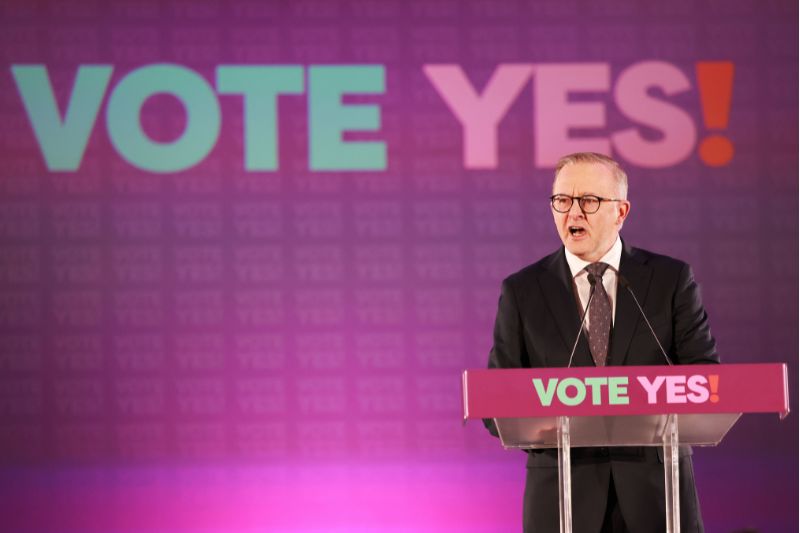
AUSTRALIA
- Michelle Grattan
- 04 October 2024
5 Comments
Almost a year after the Voice proposal was defeated, blame and recrimination are still being thrown around, and the government is still reeling from Albanese’s overreach.
READ MORE
-

AUSTRALIA
- Frank Brennan
- 25 September 2024
3 Comments
The Government is making another valiant effort to rein in the adverse effects of ungoverned digital platforms. But in debating such a detailed bill without the backstop of a constitutional or statutory bill of rights recognising the right to freedom of expression, there are no clear guard rails for getting the balance right.
READ MORE
-

AUSTRALIA
- Joseph Camilleri
- 28 August 2024
3 Comments
As Australia faces numerous moral crises from domestic inequality to global militarization, a proposed national charter of principles could to reshape our society and redefine our global role. This declaration would acknowledge Indigenous dispossession, prioritize human rights, and shift focus from military alliances to human security.
READ MORE
-
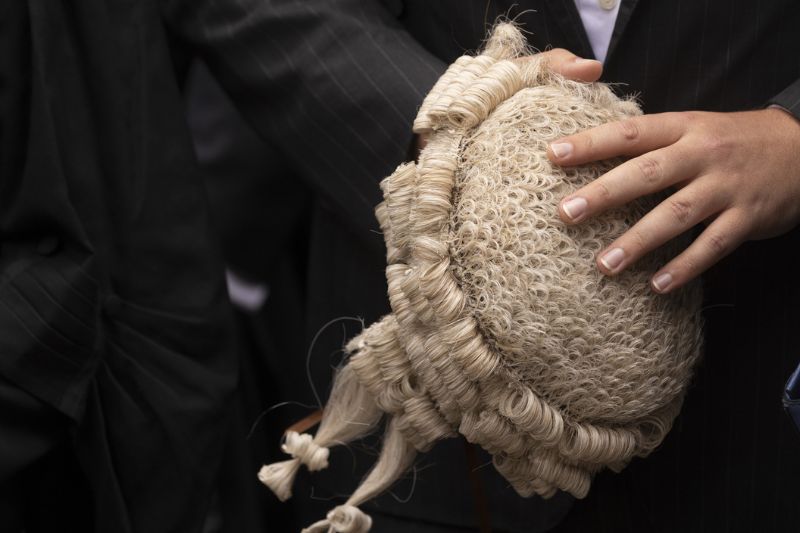
AUSTRALIA
- Frank Brennan
- 20 August 2024
6 Comments
In the aftermath of the failed Voice referendum, questions arise about the legal profession’s role in public discourse. Was this a missed opportunity for legal experts to provide critical analysis and guidance on such a significant constitutional matter?
READ MORE
-
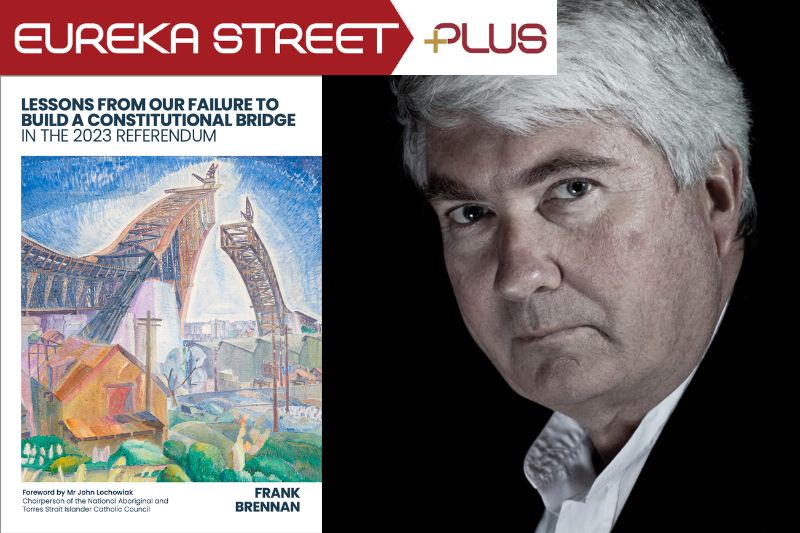
AUSTRALIA
- David Halliday
- 28 June 2024
13 Comments
It's been eight months since the Voice referendum, and people are starting to grapple with what its defeat means for Australia. There are few voices in Australia as qualified to conduct a postmortem of the outcome of the Voice referendum campaign as Frank Brennan. We examine what lessons can be learned and crucually, whether there’s reason for hope for Indigenous constitutional recognition.
READ MORE
-
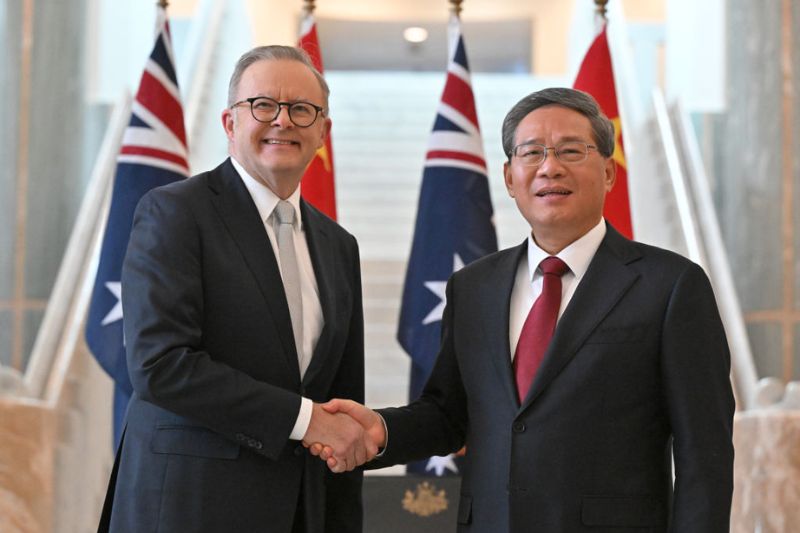
INTERNATIONAL
- Jeremy Clarke
- 19 June 2024
3 Comments
In a significant thaw in Sino-Australian relations, Premier Li Qiang's visit to Canberra brought strategic agreements on education, climate change, and trade, and the promise of new pandas for Adelaide Zoo. Prime Minister Albanese emphasised cooperation and dialogue over confrontation, contrasting with the hawkish rhetoric of domestic critics.
READ MORE
-
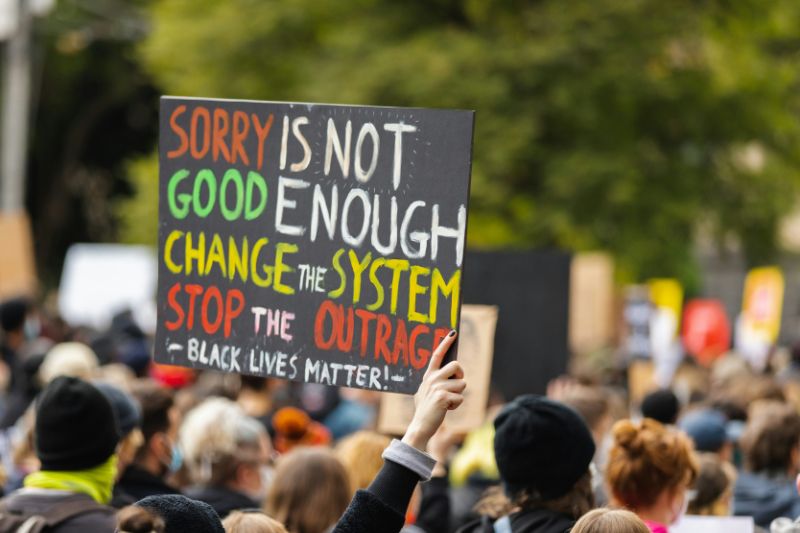
AUSTRALIA
- Andrew Hamilton
- 30 May 2024
4 Comments
This Reconciliation Week and Sorry Day, we consider the defeat of the Referendum and the substantial failure to close the gap between the living conditions of Indigenous Australians and other Australians. It means that for many Aboriginal and Torres Strait Islanders, this week will be less about days of celebration than of grief and of grim resolve to continue to seek justice.
READ MORE
-
.png)
To mark two years of Eureka Street Plus, we're excited to be able to bring subscribers an exclusive free e-book version of Frank Brennan's latest offering, Lessons from Our Failure to Build a Constitutional Bridge in the 2023 Referendum.
READ MORE
-

AUSTRALIA
- Frank Brennan
- 27 May 2024
8 Comments
Following the failure of the Voice referendum, many believed that the path to constitutional recognition is closed for Indigenous Australians. But they may be wrong.
READ MORE